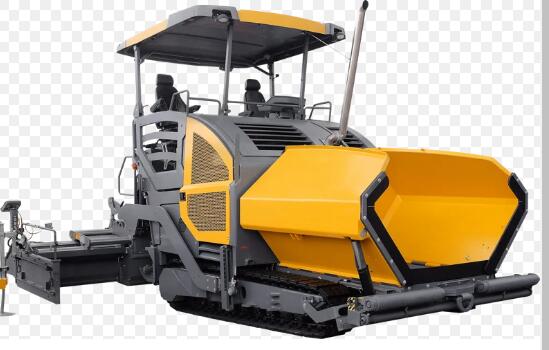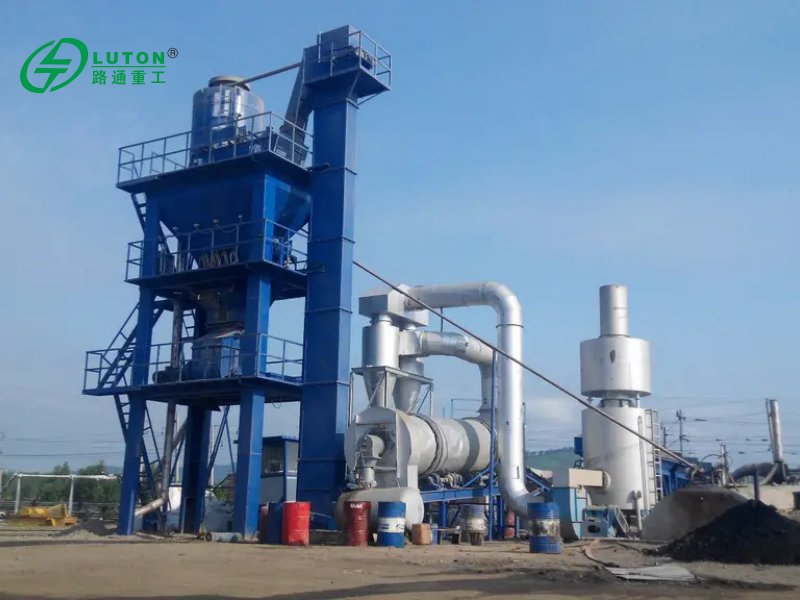Asphalt paving equipment is an important tool in road construction, its types are various, each has advantages and disadvantages. Understanding various types of equipment and their characteristics helps to choose the right equipment in actual construction to ensure the quality and efficiency of the project.
Manual asphalt pavers
Manual asphalt pavers are small equipment suitable for paving small areas or short distances. Its advantages are simple operation, low cost, suitable for small-scale projects. However, due to the need for manual operation, the efficiency is low, and the construction quality is greatly affected by the operator’s skills.
Mechanical pavers
A mechanical paver is a large of equipment that can automatically lay a large area of pavement. Its advantages are high efficiency, continuous operation, and greatly shorten the construction time. In addition, mechanical pavers have lower skill requirements for operators, reducing the impact of human factors. However, mechanical pavers are costly and complex to maintain, and may not be suitable for complex terrain or short distance construction.

Vibratory roller
Vibratory roller is a kind of common road compaction equipment. Its advantage is that it can make the asphalt mixture more uniform through vibration, improve the quality and durability of the road surface. In addition, the efficiency of the vibratory roller is higher and the construction time can be shortened. However, the noise of vibratory roller is larger, which has a certain impact on the surrounding environment.
Static road roller
Static roller is a kind of road compaction equipment without vibration. Its advantage is that it has less impact on the surrounding environment and is suitable for nighttime construction or areas that need quiet. In addition, the maintenance cost of the static roller is lower and the service life is longer. However, the compaction effect of the static roller may not be as good as that of the vibratory roller, and multiple compacts are required to achieve the desired effect.
In summary, different types of asphalt laying equipment have advantages and disadvantages, and the appropriate equipment should be selected according to the actual construction needs and conditions. In actual construction, a variety of equipment can be selected to be used together to achieve better construction results. Visit ltasphaltplant to find more asphalt plant.

